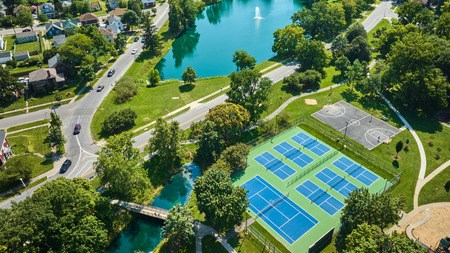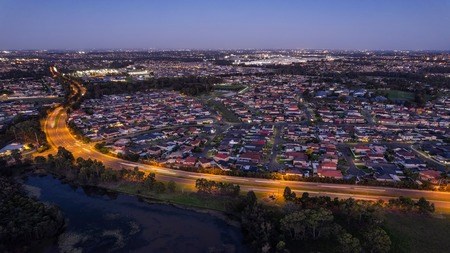South Africa’s Cradle of Humankind has risen to prominence within a short space of time. Amongst other accolades, it was recently ranked as one of the top 12 ‘evotourism’ destinations in the world. Evotourism refers to travel aimed at promoting awareness of evolution. Suffice to say the Cradle of Humankind and Maropeng- the Cradle’s visitor centre-have done just that.
13 important excavation sites have been identified within the Cradle’s boundaries. The world-renowned Sterkfontein Caves are arguably the most prominent of these thanks to the discovery of the pre-human ‘Mrs Ples’ skull and the hominid skeleton dubbed ‘Little Foot’. Maropeng is one of only eight World Heritage Sites in South Africa, and the only heritage site in Gauteng. Today, it welcomes well over 250 000 visitors each year. Important fossils aside, the Cradle of Humankind, specifically, Maropeng takes sustainability very seriously.
Maropeng has formed a dedicated ‘green’ team tasked with the ongoing job of reducing its carbon footprint and training staff in the ways of being eco-friendly. Maropeng’s Operations Manager, Zanomsa Zozi heads up the green team. In this capacity, Zozi is responsible for the implementation of a number of environmental policies at the centre which range from introducing simple behavioral changes such as turning lights off at the end of the working day to ensuring that all waste is separated correctly so that it can be recycled.
The centre has also introduced innovative water conservation technology in the form of a new ozone wastewater purification system at the Sterkfontein Caves. “The system uses ozone from the atmosphere to accelerate the breakdown of solids and sterilise water. It has been designed to replace Sterkfontein’s septic tanks and provide a far more eco-friendly solution to waste management in the area,” comments Mark Fouché, Environmental and Maintenance Manager at Maropeng.
Another Maropeng water management initiative is an artificial wetland system, called a Subsurface Flow Constructed Wetland System. The wetland has been specially designed to naturally assist in the filtration and purification of the site’s grey and black water. It has been in existence at Maropeng since it first opened and was constructed to conserve energy by minimising the site’s reliance on sewage processing plants.
“From the start, Maropeng has been environmentally focussed and we are continuously looking at innovative ways to reduce our wastage,” says Fouché.
Lending credence to this methodology is the fact that the Heritage Environmental Management Company has awarded Maropeng silver status.The Heritage Environmental Management Company provides operators of all types of businesses with an effective environmental management system designed to reduce and limit the impact that their operations have on their environment.
The Heritage Programme offers a number of industry and sector-specific environmental management and certification programmes which have been developed from international systems such as ISO14001, 9000 and 18000; Green Globe International; the IHEI; Audubon International and others to provide a three-tiered approach to sustainable and responsible business practice.
“We are engaged in a strategy to achieve gold status. The process is intensive but we are committed to making it a reality,” adds Fouché.
Another way Maropeng is working towards tomorrow is through the many school children who walk through its doors. Maropeng, in partnership with the Gauteng and national departments of education have compiled educational resource packs which focus on conservation and sustainability. Aimed at Grade 11 and 12 learners, these packs are also free and available on Maropeng’s website.
A permanent exhibition at the visitor centre is also helping Maropeng reinforce its “go green” message. Through the display, visitors and learners can explore the impact the world’s population is having on the environment.
“The careful management of this unique site is a clear priority if the site is to be preserved and sustainably utilized. In line with this, Maropeng is continuously re-evaluating the measures put in place to reduce its environmental footprint.” concludes Fouché.



